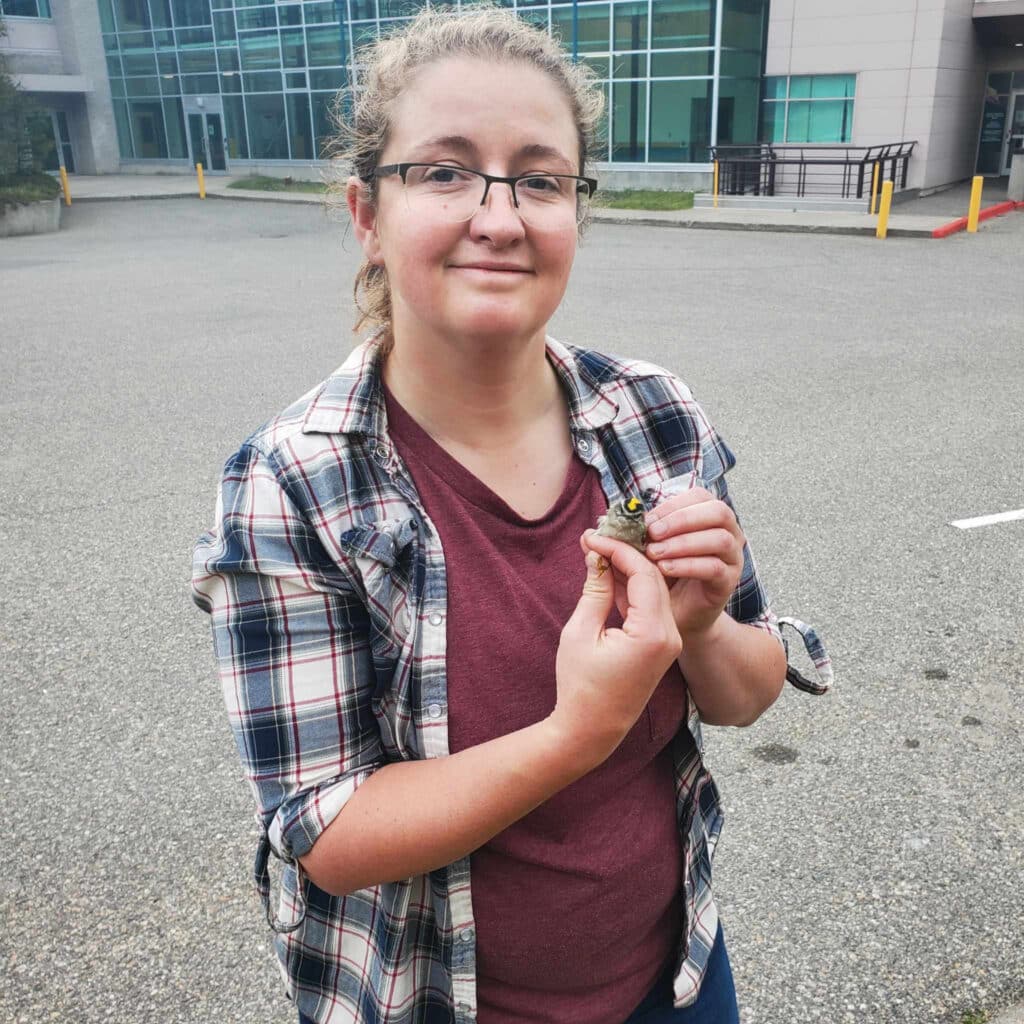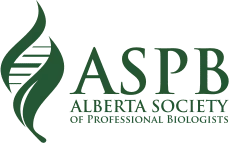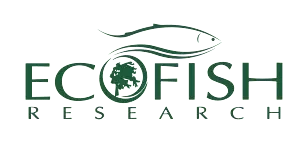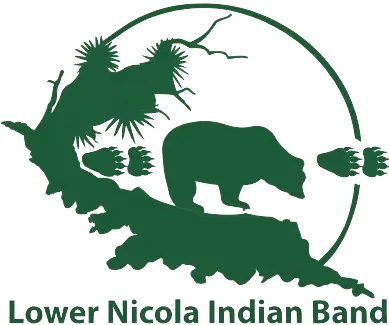NRTG’s MicroCourses offer a dynamic training pathway that’s as flexible as it is enriching to build expertise. Our Bird Nest Surveys Microcourse, spanning four hours, delivers in-depth training in an easily digestible format. It’s designed to maximize your skills for immediate application.
Bird nest surveys are an important, but controversial, tool for protecting the nests, eggs, and young that may be threatened by human-caused disturbances, and in so doing remain compliant with Canadian environmental law. The ability to reliably determine if there are nests in an area is dependent on several factors including: the skill of the observer, the amount of time allotted to the task, and the complexity of the habitat. In this micro-course we will discuss how to recognize, avoid, and overcome some of the most common limitations of bird nest surveys.
Topics covered will include:
1) recognizing when bird nest surveys are unlikely to fulfill legal requirements, and communicating this information effectively to proponents and colleagues
2) guidance for avoiding conducting surveys under marginal conditions
3) recommendations to maximize your effectiveness when it is necessary to complete nest sweeps under challenging conditions
This course is open to all who are looking to expand their abilities in this area, but it is primarily designed for environmental practitioners with some background conducting surveys for bird nests, either through completion of Avian Nest Sweeps and Monitoring Methods (a two-day in-depth course offered through NRTG) or through practical experience.
Course will be 4 hours long.
Instructor Profile
Jeannine Randall, MSc., RPBio.
Avian Ecologist

Jeannine has over 12 years experience studying birds in both academic and professional contexts. Her broad interest in ecology stems from a diverse background, working on multiple taxa in British Columbia, Alberta, Saskatchewan, Manitoba, and Jamaica. In particular, she has a strong proficiency in the planning and implementation of avian-specific field techniques, including capture methods, nest surveys, and identifying species by sight and sound. She has also studied the breeding ecology of amphibians and conducted amphibian salvage. Jeannine is skilled at communicating with diverse groups of learners in both classroom and applied field settings. She is passionate about teaching and applying sound scientific practices as an environmental professional.







